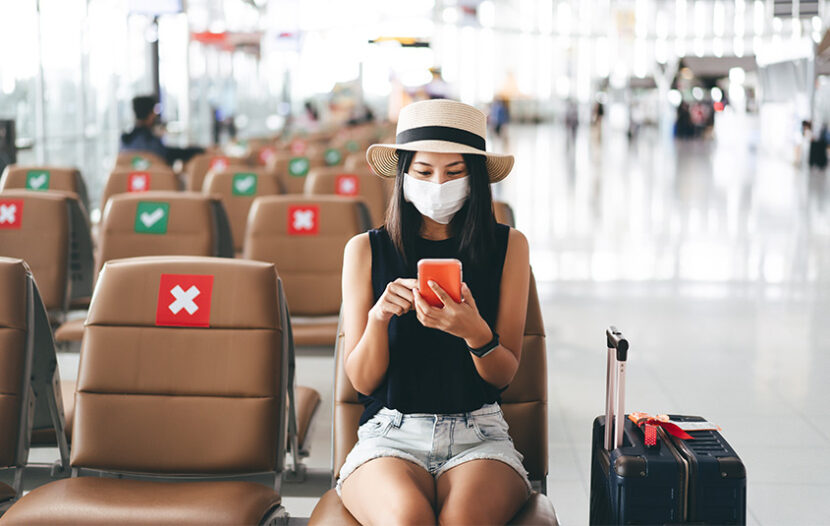GENEVA — IATA is urging countries to follow new guidance on travel from the World Health Organization that recommends a risk-based approach to COVID-19 measures for international travel.
The WHO’s new guidance will be presented to the WHO COVID-19 International Health Regulations Emergency Committee tomorrow, July 15.
IATA says WHO is recommending that governments:
- Do not require proof of COVID-19 vaccination as a mandatory condition for entry or exit
- Remove measures such as testing and/or quarantine requirements for travellers who are fully vaccinated or have had a confirmed previous COVID-19 infection within the past six months
- Ensure alternative pathways for unvaccinated individuals through testing so that they are able to travel internationally. The WHO recommends rRT-PCR tests or antigen detection rapid diagnostic tests (Ag-RDTs) for this purpose.
- Only implement test and/or quarantine measures for international travellers “on a risk-based manner” with policies on testing and quarantine regularly reviewed to ensure they are lifted when no longer necessary.
“These common-sense, risk-based recommendations from WHO, if followed by states, will allow for international air travel to resume while minimizing the chance of importing COVID-19,” says IATA’s Director General, Willie Walsh.
Walsh adds that as WHO notes, international travellers are not a high-risk group in terms of COVID-19. Out of 1.65 million tests carried out on arriving international passengers in the UK since February, only 1.4% were positive for COVID-19.
“It’s long past time for governments to incorporate data into risk-based decision-making process for re-opening borders,” said Walsh.
WHO also called on governments to communicate “in a timely and adequate manner” any changes to international health-related measures and requirements.
Says Walsh: “Consumers face a maze of confusing, uncoordinated and fast-changing border entry rules that discourage them from traveling, causing economic hardship across those employed in the travel and tourism sector. According to our latest passenger survey, 70% of recent travellers thought the rules were a challenge to understand.”
WHO is also encouraging governments to look at bilateral, multilateral, and regional agreements, particularly among neighboring counties, “with the aim of facilitating the recovery of key socioeconomic activities” including tourism, for which international travel plays a vital role.
“The pandemic has put more than 46 million jobs, normally supported by aviation, at risk. By incorporating these latest WHO recommendations into their border opening strategies, states can begin to reverse the economic damage of the past 18 months and put the world on the road to recovery,“ said Walsh.

